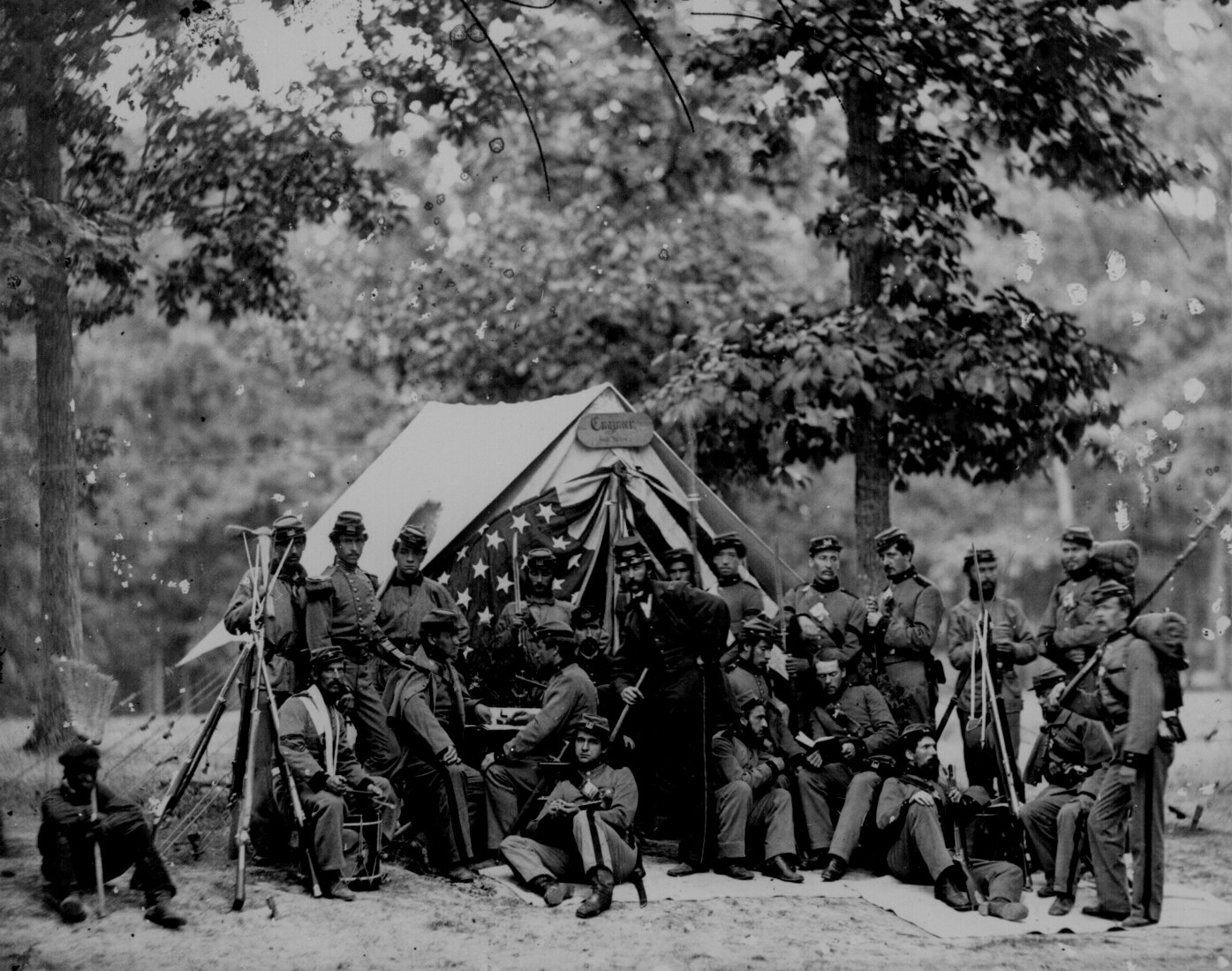How is the American Civil War remembered today? Are there conflicting understanding of the reason for the war, or what the war was "about"?
The American Civil War causes a couple main thoughts in the mind of a young student who has taken history classes growing up. Thought such as slavery and abolition, confederacy vs union, and a time of extreme internal conflict in this country.

Slavery was an extreme case of dehumanization of an entire race of people for the benefit of another, as a result when some minds were awakened to the treachery an abolition movement began. Those in favor of the abolition made up the Union side of the war, while those against made up the Confederacy.
"a time of extreme internal conflict in this country" <- this is a part of my own remembrance of the war. Today, the education system provides a section of learning in a class every so often to provide the generations with knowledge about what occurred in our history. To learn from the past is how to best prevent repetition of mistake in the future. This is how the education system "remembers" the Civil War by providing the lessons to be taken from it to the future of our society.
When it comes to the reason of the war, that could be difference for anyone studying it. The main concept shared was that its surrounded the topic of slavery. Posing questions like can people be considered "property". While students these days are being taught the main overhead facts of the war, it is only until Humanities Core this year where Professor Fahs shares a more personal look at the war that I really understood it. Looking at pictures, poems, and texts about the war and how it affected difference people specifically provided a closer connection to the past. Re-envisioning how it could have felt back then versus just learning the dates and facts of what occurred.
With this new combination of facts and feelings, I feel like I have more an understanding of the war as a whole. I will never fully be able to grasp how it was back then, however, with a more personal touch, I can attempt to provide a better remembrance.